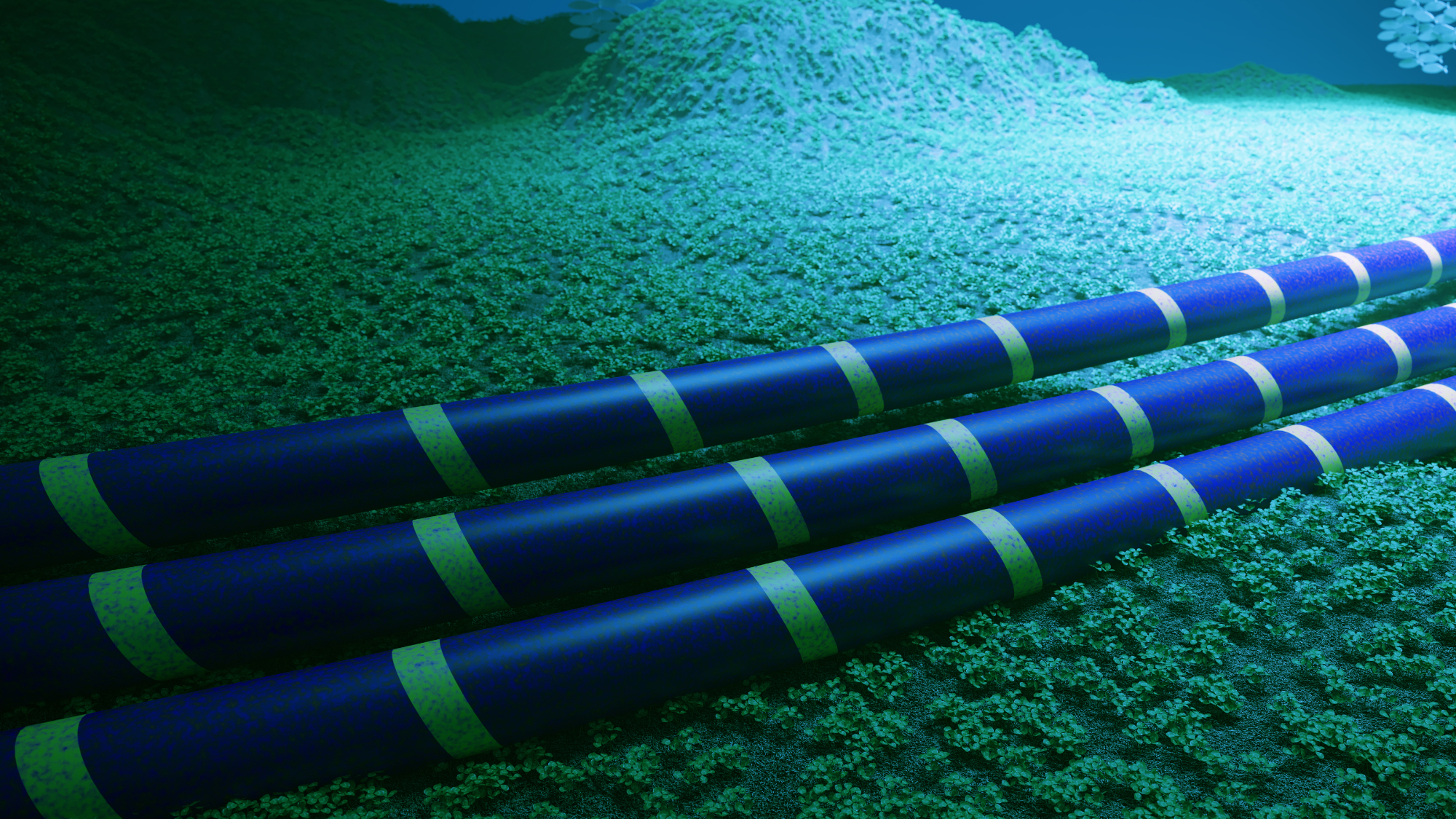Taiwan increases penalty for damaging undersea cables amid increased suspected sabotage attempts — offenders face up to 7 years in prison and $325,000 in fines
Taiwan's proposed new law would make damaging its undersea cables more expensive.

The Economic Commission in Taiwan’s legislature just approved the first reading of its ‘Seven Submarine Cable Laws’, which increases the penalty for deliberately damaging the island’s underwater infrastructure. According to Red Hot Cyber, violators will face a prison charge of up to seven years, plus a fine of up to NT$10 million or about US$325,000 at the current exchange rate.
Even those who accidentally damage an undersea cable will still face six months' imprisonment and a NT$2 million fine (about US$65,000). Another provision of the proposed law is that it gives the Taiwanese government the power to confiscate erring vessels, no matter who owns them, to prevent them from being reused in future crimes. This may sound harsh, but given that its biggest threat is just kilometers away, Taiwan is keen on keeping its communications with the rest of the world open.
There have been multiple incidents in the waters around Taiwan where Chinese freighters are suspected of damaging undersea internet cables connecting it to the U.S. It has gotten to the point that Taiwan has started patrolling its undersea cables 24/7 to prevent a repeat of earlier incidents. This has been a recent trend, with undersea cables damaged in Europe and the Middle East as well.
The new law isn’t limited to underwater internet cables, either. The executive branch of the Taiwanese government has also approved amendments to the following laws: Telecommunications Management Law, Electricity Law, Natural Gas Operations Law, Water Supply Law, the Commercial Ports Law, and the Navigation Law. These changes are meant to deter damage to Taiwan’s key infrastructure, which is crucial for its survival.
To help with the enforcement of the law, it also has a provision that requires vessels to have automatic identification systems, ensuring that they can be easily tracked by the government and the public. It also directs the Ministry of the Interior to update maps with the locations of underwater cables and pipelines to reduce the chance of accidental damage. While it may seem counterintuitive to publish the location of its critical infrastructure, potential adversaries likely already know where they are anyway. So, having them publicly known will reduce accidental damage, as the public has already been forewarned as to their placement.
Undersea cables have always been critical infrastructure, as they allow a nation to communicate with the outside world efficiently, especially with its allies. While you can also transmit using satellites and radio waves, they do not have the capacity that physical cables have, meaning cutting them off could severely limit any kind of response should the worst come to pass.

Follow Tom's Hardware on Google News, or add us as a preferred source, to get our latest news, analysis, & reviews in your feeds.
Get Tom's Hardware's best news and in-depth reviews, straight to your inbox.

Jowi Morales is a tech enthusiast with years of experience working in the industry. He’s been writing with several tech publications since 2021, where he’s been interested in tech hardware and consumer electronics.